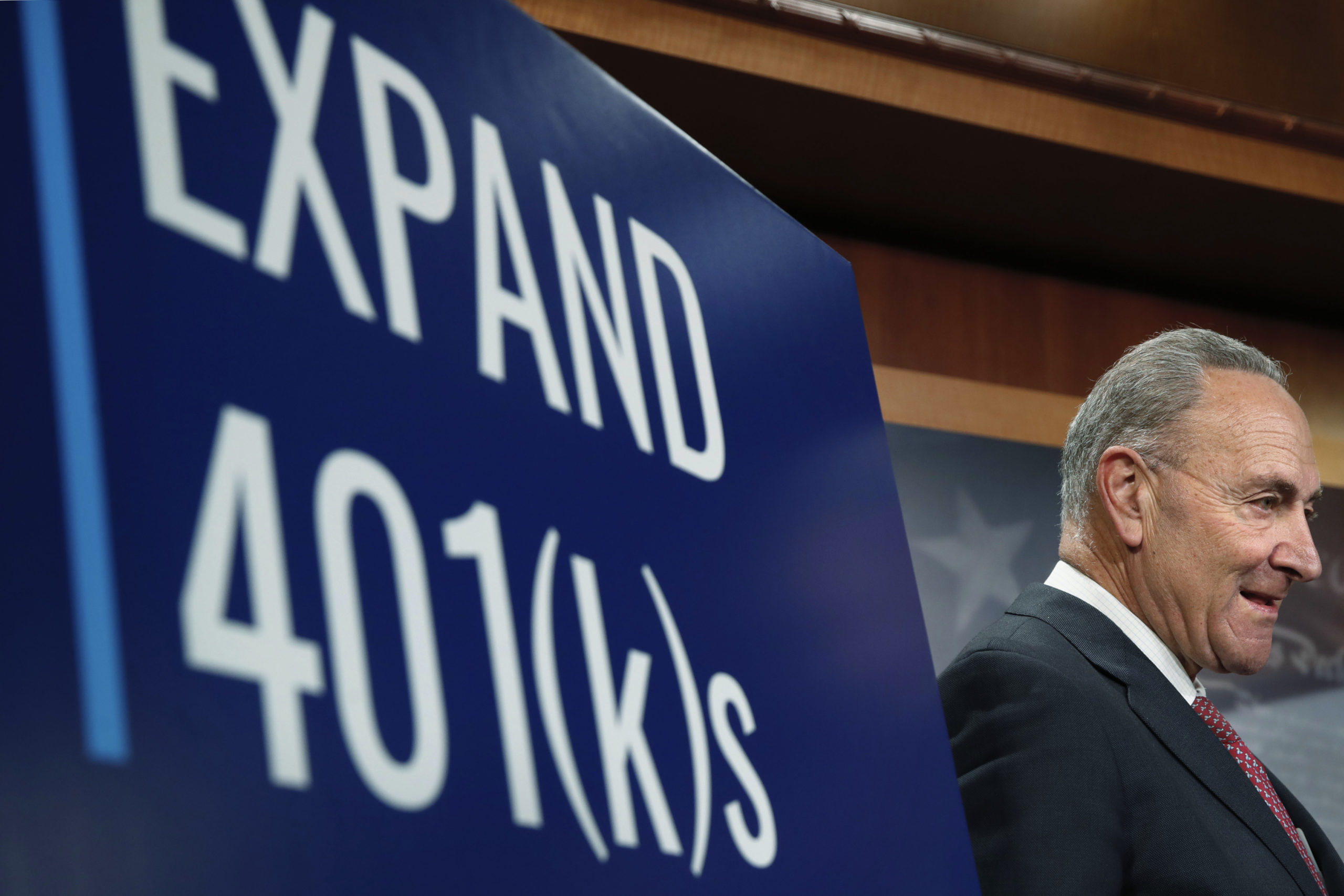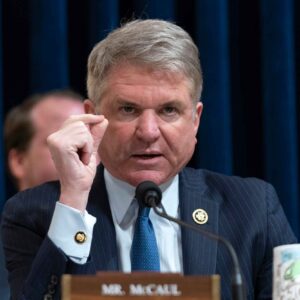Congress is focusing on several different bills ahead of the new year. One of the main focuses is combining three bills into a reform package known as “Secure 2.0.”
Secure 2.0 focuses solely on your retirement plan. Whether you have a long way to go until you retire or your retirement party is next month, you should know what’s being discussed. Here’s a breakdown of what you could soon see in a finalized retirement package.
Auto-enrollment may become a requirement in the new retirement package. Employers could be made to enroll employees into 401k plans automatically. The default contribution rate would be between 3 and 10 percent. As an employee, you could opt out of the enrollment.
The following provision focuses on the topic that has everyone in an uproar or a bind. Student loan payments could become of your retirement package. If Secure 2.0 passes, employers would be able to make matching contributions to an employee’s retirement plan based on their student loan payments. The goal is to help employees build retirement savings while paying off student loan debt. If this provision makes the cut, any employer will have no problem keeping employees, as many people face historic student debt numbers.
The age for required minimum distributions would also increase. Instead of withdrawing a required minimum amount from your 401k or IRA at 72, you would only have to make a minimum withdrawal at age 75.
If you’re currently over 50 years old, Congress is considering raising catch-up contribution limits for you. You would be able to contribute an additional $6,500 to your 401k. If you’re between 60 and 64, you could contribute an additional $10,000.
Congress is also considering letting you make a penalty-free withdrawal of up to $1,000 yearly for emergencies. A second option would be giving employers the option to add a “sidecar account” to an employee’s retirement account that could be accessed explicitly for emergencies.
According to CNN, if Secure 2.0 is finalized, the plan is to attach it to a government spending bill that the House and the Senate may vote on before the holidays.


















Add comment